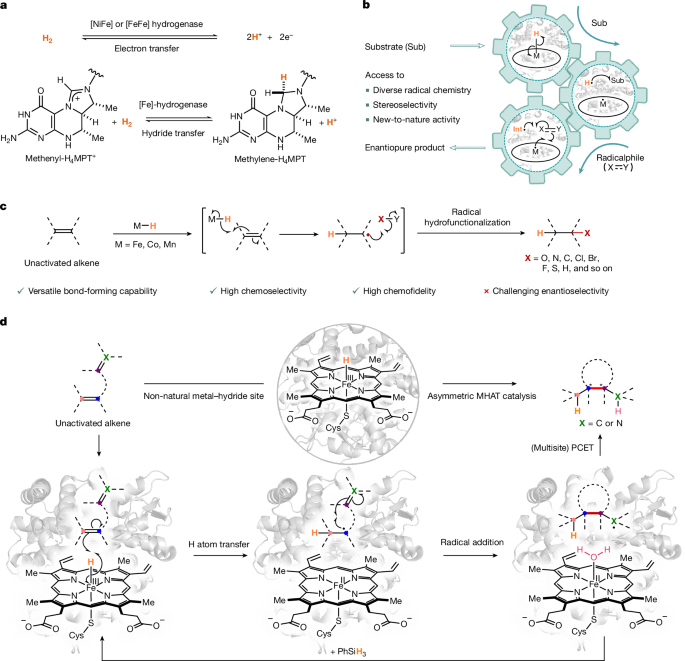Get the latest tech news
Lying Increases Trust In Science, Study Finds
A new paper from Bangor University outlines the "bizarre phenomenon" known as the transparency paradox: that transparency is needed to foster public trust in science, but being transparent about science, medicine and government can also reduce trust. The paper argues that while openness in science i...
The paper argues that while openness in science is intended to build trust, it can backfire when revealing uncomfortable truths. Philosopher Byron Hyde and author of the study suggests that public trust could be improved not by sugarcoating reality, but by educating people to expect imperfection and understand how science actually works. Instead, he suggests that a better way forward would be to tackle the root cause of the problem, which he argues is the public overidealising science.
Or read this on Slashdot
